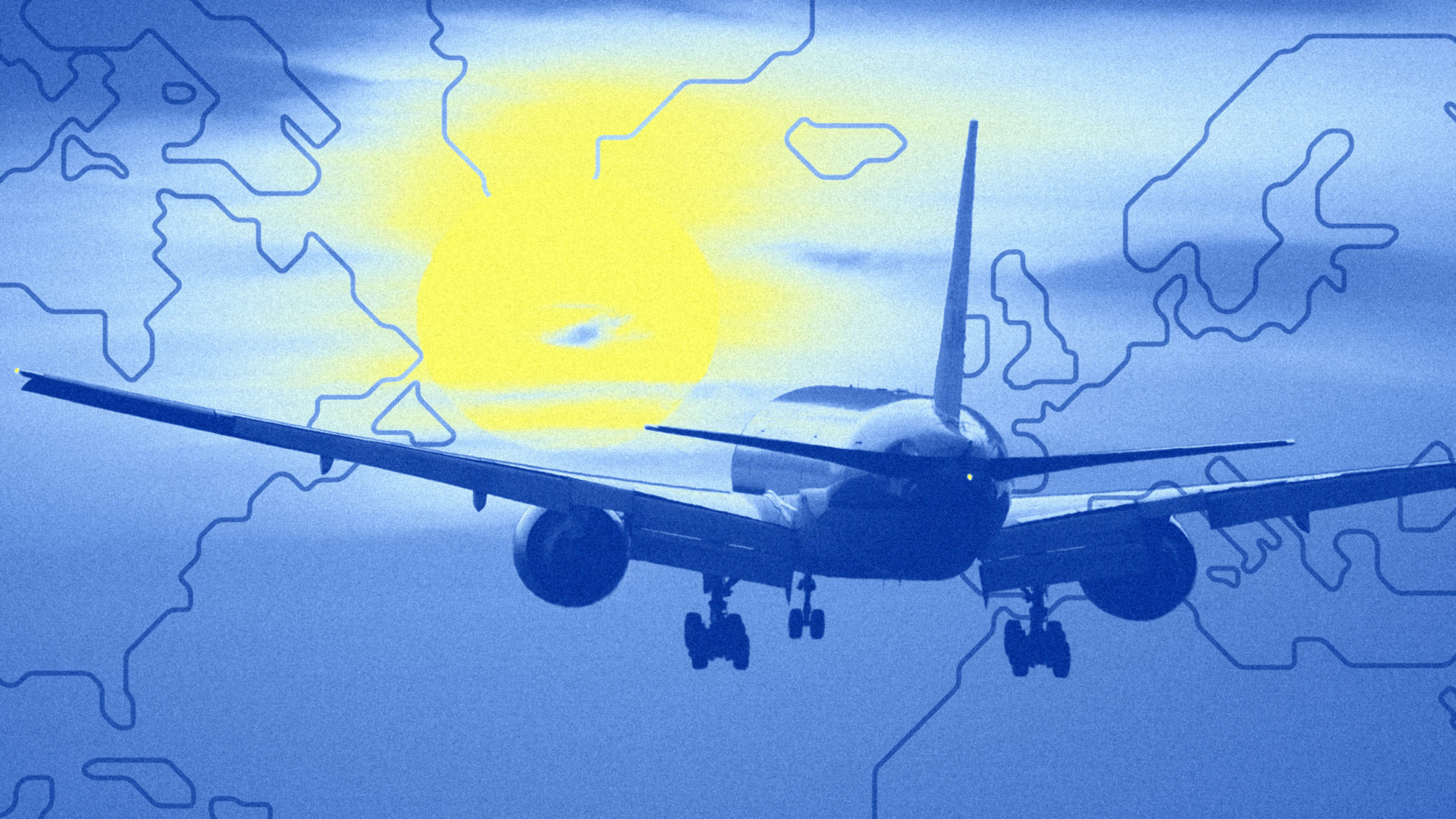After nearly two decades, American and European leaders are ending a bitter trade war over aircraft subsidies for Boeing and Airbus, the two largest aerospace manufacturers in the world.
Boeing, which was founded in Seattle, and Airbus, which is headquartered in France and the Netherlands, have long been rivals in the global aircraft market. Seventeen years ago, a dispute arose over state subsidies, which the U.S. claimed Europe was providing to support Airbus, thus violating international agreements. In 2019, the World Trade Organization ruled that the argument was valid, paving the way for Washington to slap tariffs worth up to $7.5 billion on European exports and furthering the Trump administration’s cross-Atlantic trade war.
Then, in 2020, a mirror image of that case led the World Trade Organization to rule that the U.S. had also illegally supplied benefits to Boeing, prompting Brussels to affix its own tariffs, worth $4 billion.
But on Tuesday, the Biden administration said it would end the feud by suspending those tariffs for a period of five years. As part of the truce, both Airbus and Boeing will also release statements defining “acceptable support” for aircraft manufacturers. Goods liberated from the $11.5 billion punitive taxes include cookies, molasses, cheese, and tractors, as well as airplanes.
More broadly, the move signals a turning point in U.S. trade policy, pivoting from transatlantic animus (at least with the European Union) toward what could be a new era of strategic cooperation. According to a media briefing from the administration, the U.S. and Europe are sidelining their differences on this issue in the face of a new, shared threat: the rise of China as a global power player. A Beijing-owned aerospace company, Commercial Aircraft Corporation of China, is reportedly on track to become a major competitor in the industry by 2030, with Boeing and Airbus standing to lose a quarter of their total sales made in the world’s most populous country.
While many European countries have been reluctant to counter China due to its growing economic influence and the fact that significant trade flows between the two regions, concerns relating to human rights and industrial espionage seem to be gradually forcing their hands. In recent talks, some seemed to heed President Biden’s call for allies to take a tougher stance on China, agreeing to form a joint Trade and Technology Council that would also discuss how to limit Chinese ambitions in such fields as artificial intelligence and cybersecurity. A senior administration official told CNN that the task force will “work together to write the rules of the road for the next generation, particularly in the areas of economics and emerging technologies.…We also have to take account of the fact that China poses a significant challenge in both of these areas.”
However, not all ice in the U.S.-Europe trade waters has thawed: Contentious taxes enacted by President Trump in 2018 on steel and aluminum imports will stay in place.
Recognize your brand’s excellence by applying to this year’s Brands That Matter Awards before the early-rate deadline, May 3.
